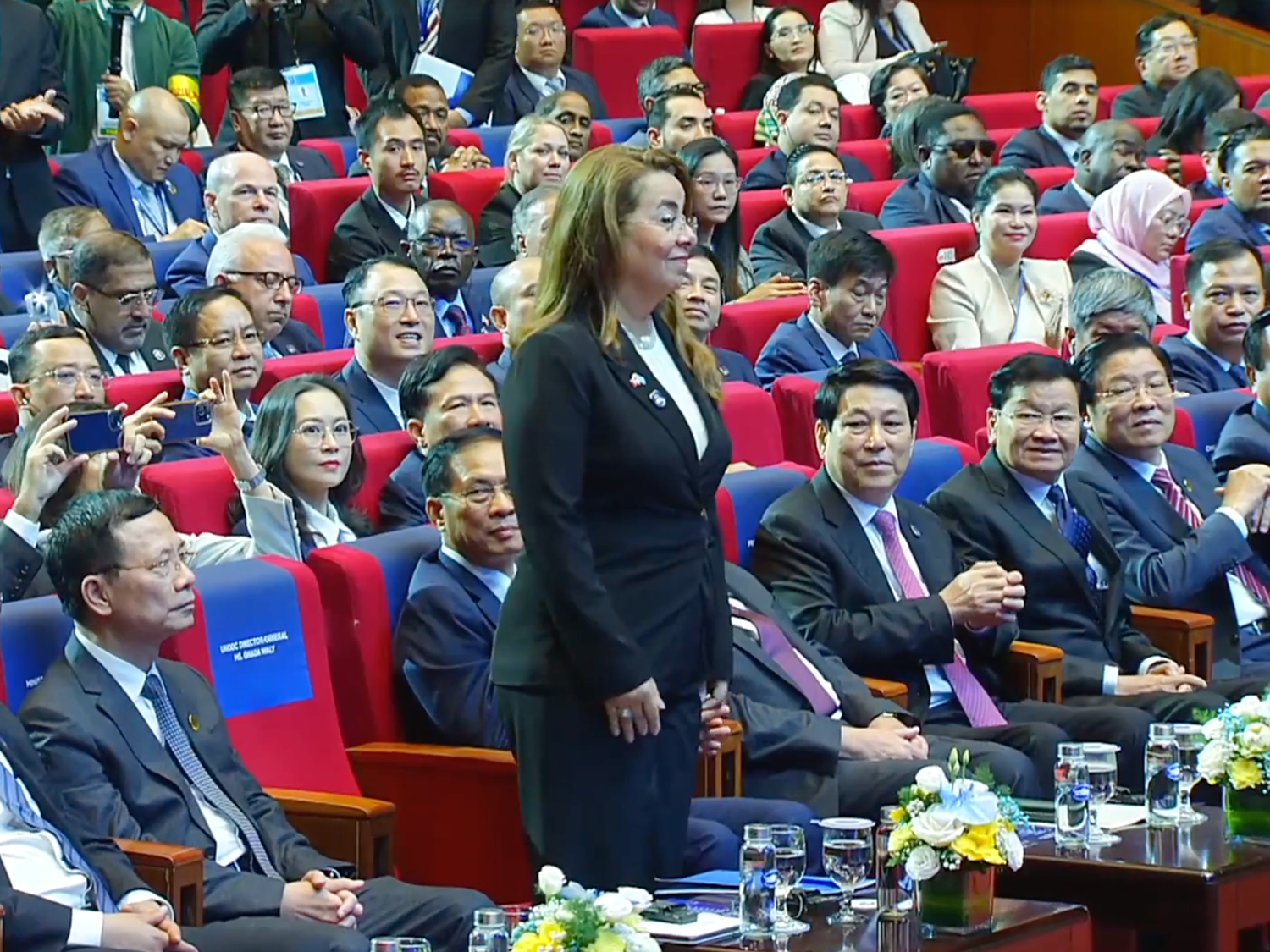BERN, Switzerland (AN) — For only the second time in its 144-year history, the international postal organization held an "Extraordinary Congress" to assess a new century. This time, it grappled with a cost-shifting, high-tech world of email, text messages, online shopping and private delivery.
The Universal Postal Union, or UPU, faces some hard decisions providing the framework for the world’s widest distribution network. It gathered 1,000 people in Addis Ababa, Ethiopia for five days of talks last week that led to agreement on simpler election procedures, better regional representation and lower member fees for small, developing island nations that struggle to pay UPU contributions.









